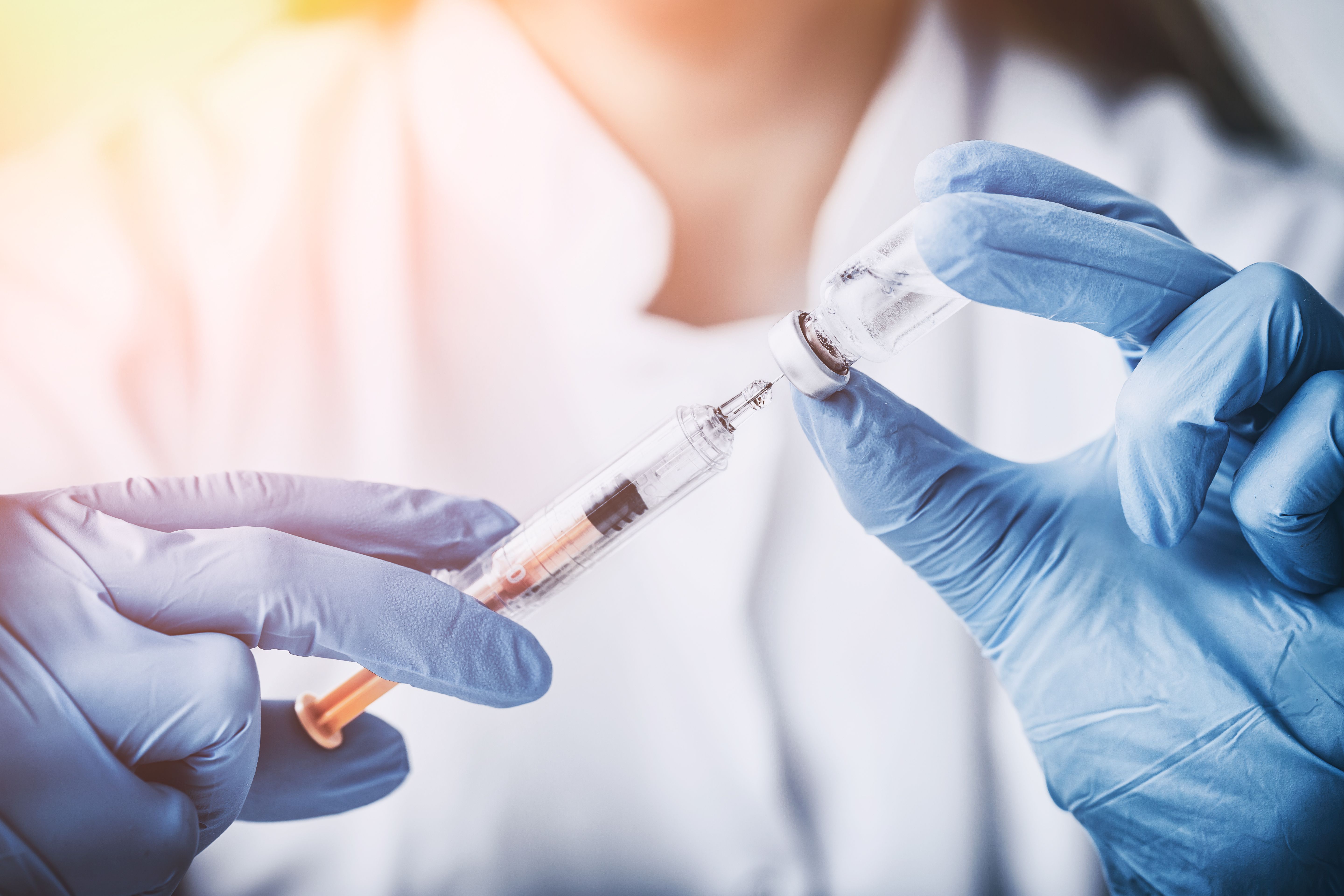Moderna Reports 94.5% Efficacy with Its COVID-19 Vaccine
Preliminary data from a phase 3 trial has met its trigger point in total COVID-19 infections, and the interim findings look good for mRNA-1273.

An original version of this article was published by sister publication Contagion.
Moderna’s coronavirus 2019 (COVID-19) vaccine candidate mRNA-1273 has been associated with 94.5% efficacy in preventing the virus, according to preliminary results from its ongoing phase 3 trial.
In a report from The New York Times Monday morning, the biotechnology company’s recently-submitted data to an independent data safety monitoring board reported that of the 95 participants in its phase 3 COVE trial to contract COVID-19, just 5 were vaccinated with the two-dose candidate, and 90 had received placebo.
None of the infected patients to receive mRNA-1273 developed severe COVID-19, while 11 (12%) of the placebo arm did.
The company now anticipates to submit the candidate to the US Food and Drug Administration (FDA) for Emergency Use Authorization (EUA) following the review of its currently available safety data.
The news of Moderna’s preliminary, non-published phase 3 results come exactly 1 week following an announcement from Pfizer that its vaccine candidate BNT162, in collaboration with BioNTech, achieved 90% efficacy in COVID-19 prevention in its earliest preliminary data from its phase 3 trial.
Moderna Chief Executive Officer Stéphane Bancel, said in a statement that this is the first “clinical validation that our vaccine can prevent COVID-19 disease, including severe disease.”
The phase 3 COVE trial, designed in collaboration with the FDA and NIAID parent organization the National Institutes of Health (NIH), included US persons at greatest risk of COVID-19 severity—including 7000-plus volunteers aged ≥65 years old and 5000-plus with high-risk chronic conditions.
According to Moderna, these high-risk groups represent 42% of the total study participants.
In the September episode of Lungcast, a monthly podcast series in collaboration with the American Lung Association (ALA), Anthony Fauci, MD, director of the National Institute of Allergic and Infectious Disease (NIAID), explained the quick timeline to designing mRNA-1273 at the very beginning of the known COVID-19 outbreak in mid-January this year.
“The Chinese published the sequence of SARS-CoV-2 in a public database on January 10," Fauci explained. "I got my team together on the 11th (of January) and said, ‘We’ve got to partner with Moderna and put this in an mRNA platform.’ By the 15th, we started doing it. 65 days later, we were in a phase 1 trial. And 7 months later, we’re in a phase 3 trial. That process would normally take a few years, but we didn’t compromise anything.”